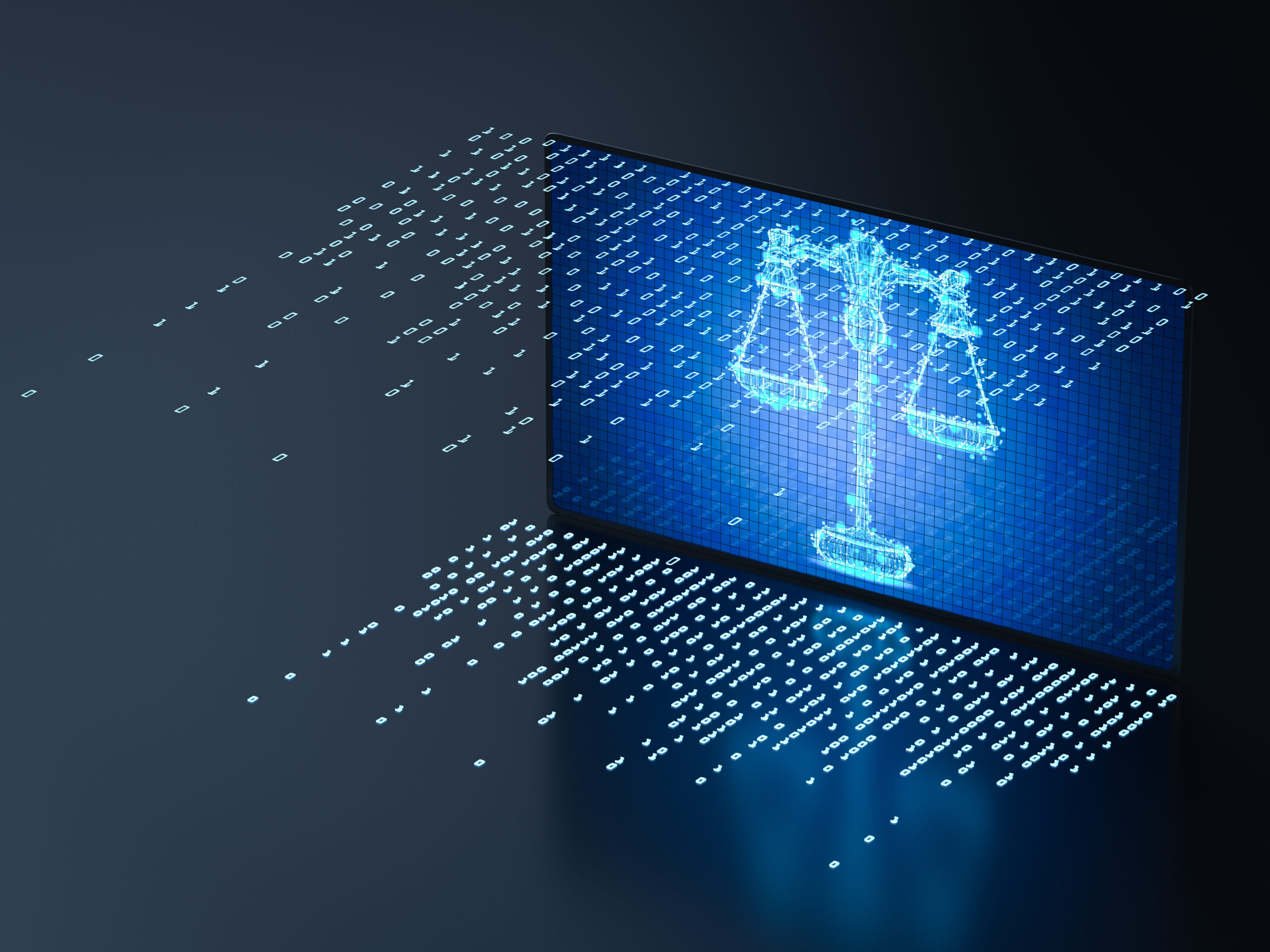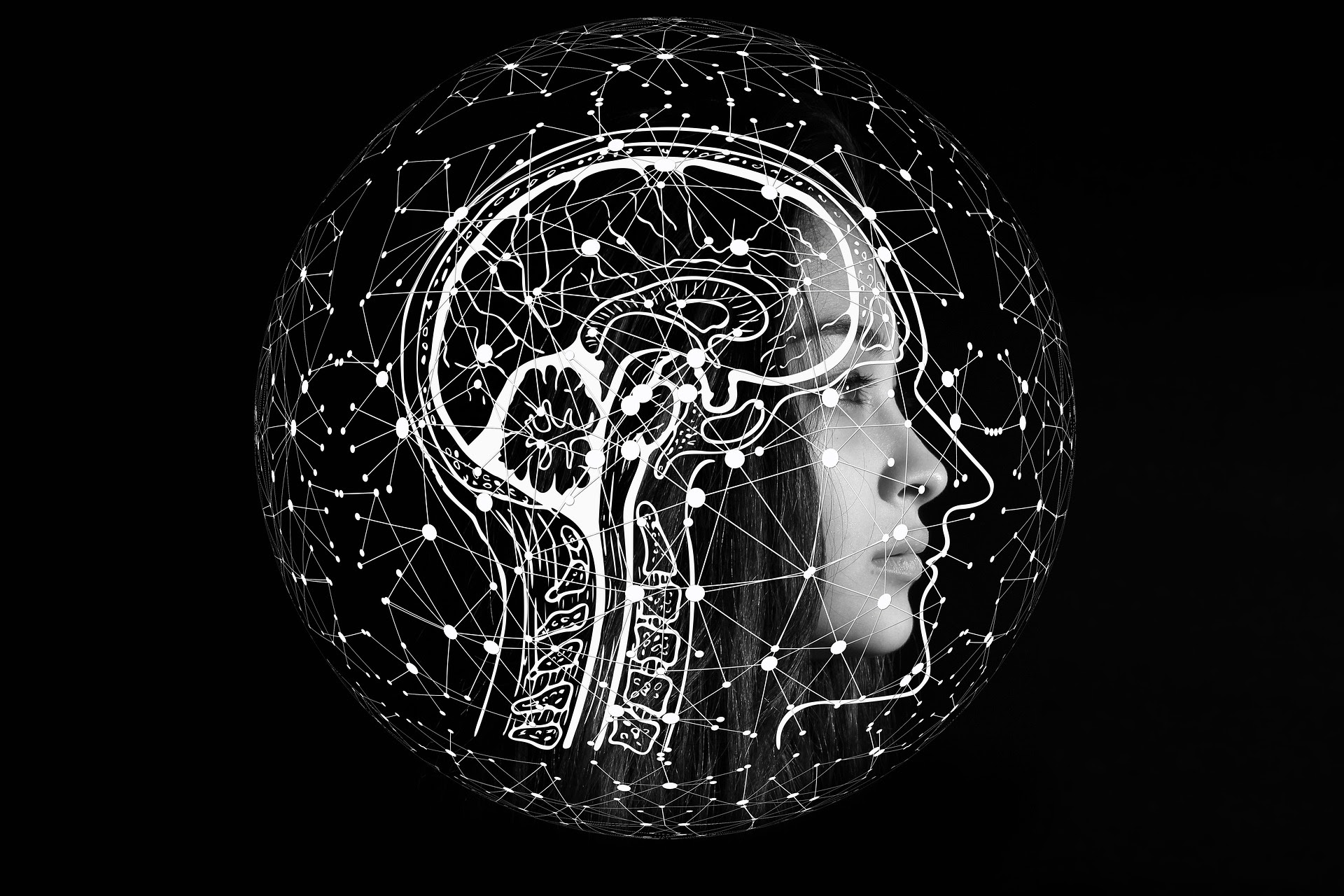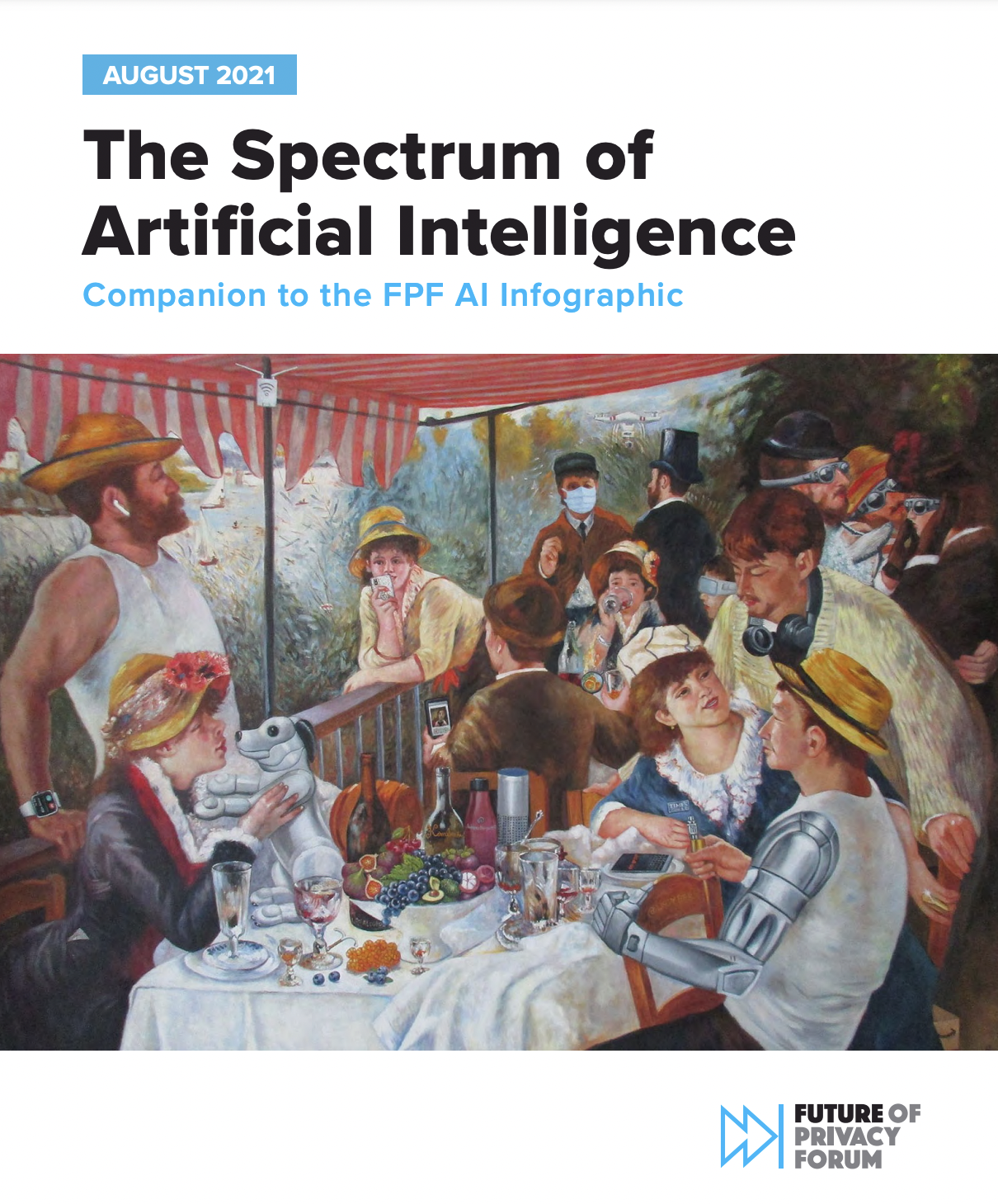
The Future is Open: The U.S. Turns to Open Banking
FPF is pleased to work with a broad set of stakeholders on concepts around privacy and open banking. For more information on our new Open Banking Working Group and related projects, please contact Jeremy Greenberg: [email protected]. Introduction In July 2021, President Biden signed the Executive Order on Promoting Competition in the American Economy. The Executive […]

Future of Privacy Forum Promotes Verdi, Zanfir-Fortuna & Vance
FPF has promoted three of its leaders to more senior roles at the growing international non-profit. John Verdi has been elevated to Senior Vice President of Policy, Dr. Gabriela Zanfir-Fortuna has been appointed Vice President of Global Privacy, and Amelia Vance is now Vice President of Youth and Education Privacy. For more than five years, […]

Five Things Lawyers Need to Know About AI
Lawyers are trained to respond to risks that threaten the market position or operating capital of their clients. However, when it comes to AI, it can be difficult for lawyers to provide the best guidance without some basic technical knowledge. This article shares some key insights from our shared experiences to help lawyers feel more at ease responding to AI questions when they arise.

Event Report: From “Consent-Centric” Frameworks to Responsible Data Practices and Privacy Accountability in Asia Pacific
On September 16, the Asia-Pacific office of the Future of Privacy Forum (FPF) held its first event following its launch in August 2021. This event was hosted by the Personal Data Protection Commission (PDPC) of Singapore during the very popular “Personal Data Protection week” (PDP Week 2021). The theme of the event was Exploring trends: […]

Brain-Computer Interfaces: Privacy and Ethical Considerations for the Connected Mind
BCIs are computer-based systems that directly record, process, analyze, or modulate human brain activity in the form of neurodata that is then translated into an output command from human to machine. Neurodata is data generated by the nervous system, composed of the electrical activities between neurons or proxies of this activity. When neurodata is linked, or reasonably linkable, to an individual, it is personal neurodata.

Joint Project to Explore Limits of Consent in Asia-Pacific Data Privacy Regimes
The Future of Privacy Forum (FPF), a non-profit organization that serves as a catalyst for privacy leadership and scholarship, has partnered with the Asian Business Law Institute (ABLI), a subsidiary of the Singapore Academy of Law (SAL). With this partnership, FPF Asia Pacific and Singapore’s top legal think tank join forces to offer a unique […]

UPDATE: China’s Car Privacy and Security Regulation is Effective on October 1, 2021
On August 20, 2021, the Cyberspace Administration of China (CAC) released an updated regulation on car privacy and data security that comes into force on October 1, 2021.

China’s New Comprehensive Data Protection Law: Context, Stated Objectives, Key Provisions
The National People’s Congress (NPC) of China adopted on August 20, 2021 the first Chinese comprehensive data protection law, the Personal Information Protection Law (PIPL), less than a year after the first draft of the law was published. The NPC thus concluded its legislative process that saw two additional markups of the law since October […]

The Spectrum of AI: Companion to the FPF AI Infographic
This paper outlines the spectrum of AI technology, from rules-based and symbolic AI to advanced, developing forms of neural networks, and seeks to put them in the context of other sciences and disciplines, as well as emphasize the importance of security, user interface, and other design factors.

Now, On the Internet, EVERYONE Knows You’re a Dog
Digital identity systems vary in complexity. At its most basic, a digital ID would simply recreate a physical ID in a digital format, whereasa fully integrated digital identity system would provide a platform for a complete wallet and verification process, usable both online and in the physical world.
